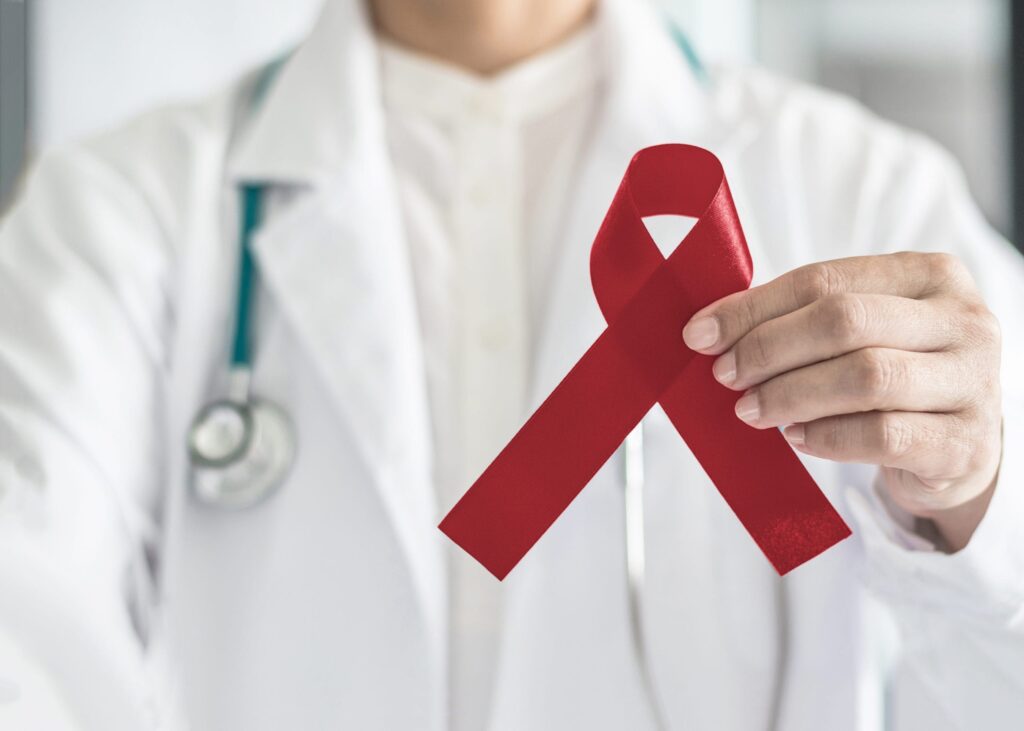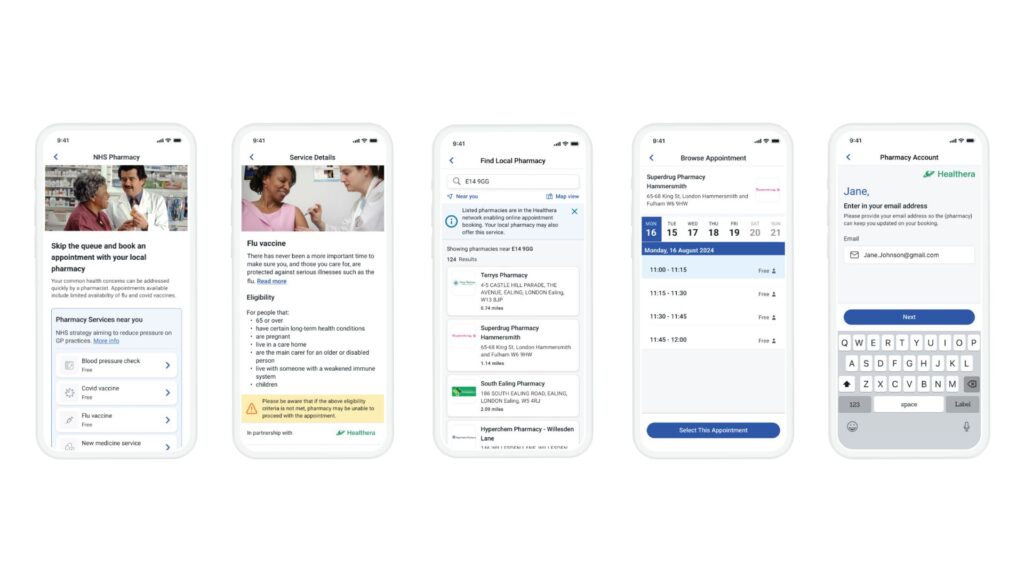On the 19th June we supported World Sickle Cell Day, a day in which we encourage those living with sickle cell and empower them to achieve their full potential.
Our goal is to simplify access to NHS services which involves generating awareness and creating support for patients, parents, carers and the wider family.
Sickle cell, also known as SCD, is a genetic blood disorder that inherited from both parents. The main symptoms of sickle cell disorder are anaemia and episodes of severe pain. The pain occurs when the cells change shape after oxygen has been released. The red blood cells then stick together, causing blockages in the small blood vessels.
These painful episodes are referred to as sickle cell crisis which are treated with strong painkillers such as morphine to control the pain.
People with sickle cell are at risk of complications stroke, acute chest syndrome, blindness, bone damage and priapism
Some interesting facts…
- SCD is inherited from both parents; sickle cell trait is inherited from one parent.
- SCD can affect anyone, although it predominantly affects people from African and Caribbean backgrounds.
- 1 in 76 babies born in the UK carry sickle cell trait.
- Approximately 15,000 people in the UK have sickle cell disorder.
- Approximately 350 babies with SCD are born in the UK every year.
- A simple blood test will tell whether you have sickle cell trait or the disorder
- Children with SCD are at increased risk for stroke, the risk is highest between the ages of 2 and 16.
- Episodes of pain may occur in sickle cell disorder and are generally referred to as a crisis
To find out more about the disease and how you can get involved follow the pages below:
https://www.instagram.com/tssuk_/ and https://www.sicklecellsociety.org/








